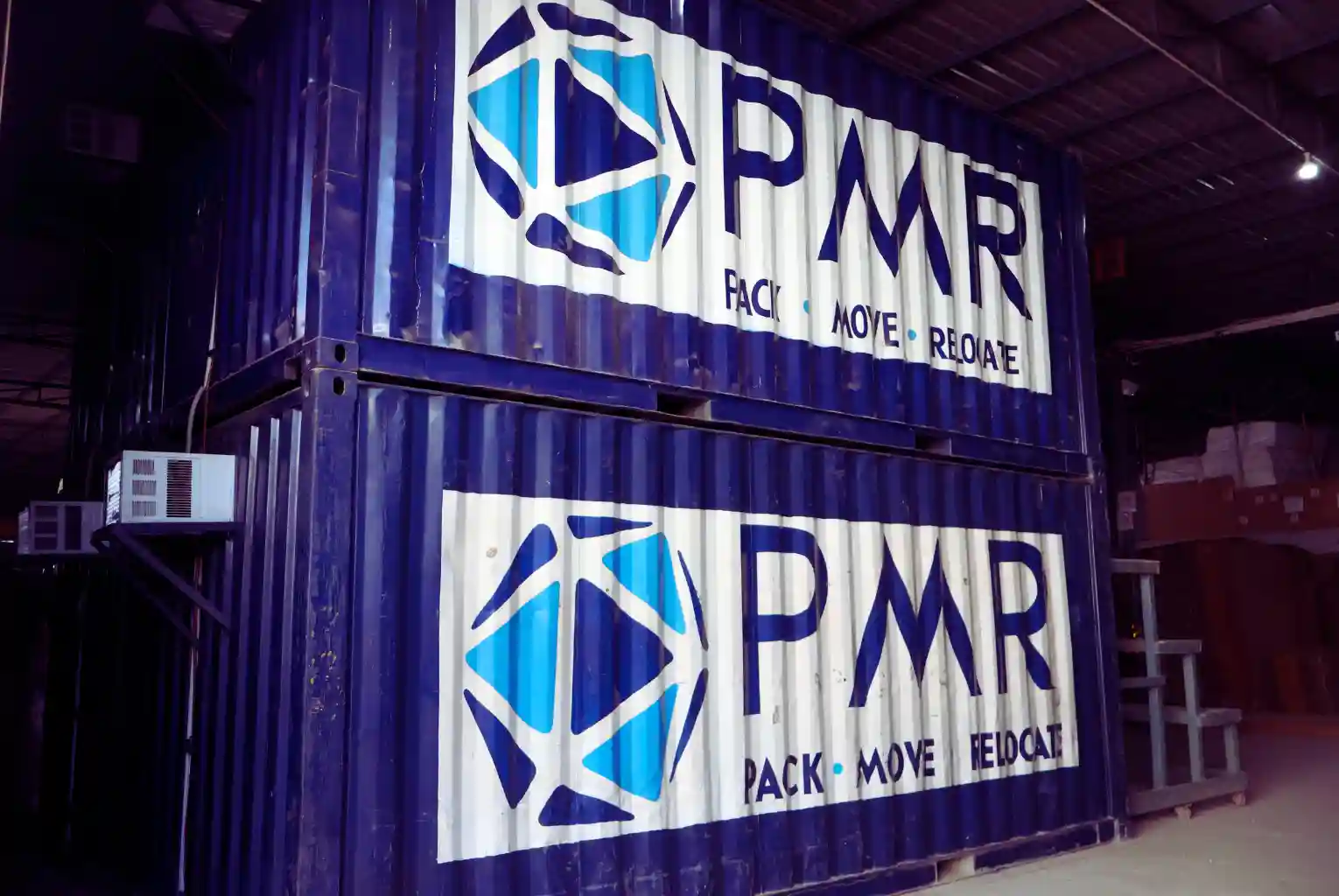HOW TO KEEP YOUR US BUSINESS RUNNING AMID STRIKE THREATS

Introduction
The American economy is poised at the face of massive disruptions as the U.S. East Coast and the Gulf Coast ports prepare for a strike that threatens to cripple international trade. The International Longshoremen's Association said its members are 'in a state of readiness to go on strike' over grievances against the United States Maritime Alliance, including alleged subjugation of wages and security on their jobs. This sort of US business strike threat can spill across multiple sectors, especially in the relocation industry, that cannot contain the contagion.
As ports serve as critical hubs for shipping and logistics, any disruption can lead to delays, increased costs, and heightened complexity for businesses relying on timely transportation of goods. For companies in the relocation sector, where promptness and reliability are paramount, understanding how to navigate these challenges is essential.
Understanding the Root Causes of the Problem:
A long-standing tension between port operators and dockworkers is at the heart of the current strike threat. Port operators have for long been introducing automation, which cuts costs, increases efficiency, and makes them less dependent on labor, especially during strikes. On the other hand, it has been perceived as a disadvantage because it creates an imbalance on the side of the dockworkers in terms of jobs and livelihood. Such a fear is, in fact, a result of this repeated squabble between the labor unions and the port authorities.
In this latest showdown, the ILA is accusing the United States Maritime Alliance (USMX) of wage suppression and resisting workers' demands for a fair share of profits. With no talks scheduled before the strike deadline, U.S. businesses must prepare for significant disruptions in port operations, especially along the Eastern and Gulf Coasts. Ports from Maine to Texas, which handle about half of the nation’s ocean shipping, will be impacted—posing a massive threat to businesses that rely on international trade.
Strike Impact on the Relocation Industry
- Disruption of Supply Chains: The strike is expected to cause substantial delays in the delivery of goods. Since many relocation services depend on timely shipments of furniture and personal belongings, any delays could disrupt scheduled moves and create logistical challenges.
- Increased Costs: With delays come increased costs. Relocation companies may face higher shipping rates as they seek alternative transportation methods, like air freight or rerouted shipments. These additional expenses can erode profit margins and lead to higher prices for clients.
- Client Frustration: Delays and uncertainty can lead to dissatisfaction among clients who are counting on timely relocation services. If clients perceive that their needs are not being met, this can damage the reputation of the relocation company and lead to a loss of business.
- Labor Grievance and Strike: If relocation companies employ unionized workers, they may also face internal labor disputes that disrupt operations. The uncertainty surrounding labor relations can create a precarious work environment and diminish employee morale.
Strategies to Keep Your Business Running
1. Strike Preparedness
Well-defined strike contingency planning can help to cope with disruption and should embrace:
- Alternative Shipping Arrangements: Identify alternative shipping and logistics options, such as alternate ports or means of transportation, to keep the disruption time minimal.
- Inventory Management: Determines your inventory levels and ensure that critical supplies are stocked to maintain operations during potential shortages.
- Developing a Crisis Management Team: Assemble a team in charge of watching the situation and making timely decisions on disturbances.
- Communication Protocols: Have established clear communication with clients, employees, and partners so that they are abreast of potential delays and mitigation efforts.
- Regular Updates: Update the clients on the situation and any probable disruption this might cause in their relocation. This is one of the ways to gain their trust and confidence
- Feedback Mechanisms: Devise a way that will seek more feedback from the clients on issues that can rise, so you will take certain measures that will help counter such issues.
- Diversify Your Supply Chain: Deal with various suppliers and logistics partners. You are not dependent on one supplier to source all the materials, and hence, the likelihood of a stoppage is negligible.
- New Markets: Discover other markets for your services. This enables you to move
- Open Communication: Help build a culture that ensures every worker feels safe in sharing issues and seeking views on probable interruptions.
- Flexibility: Provide flexible working arrangements in the workplace for employees who may be involved and impacted by the labor strikes.
How PM Relocations Can Assist
- Proactive Communication: Communicate to clients any delay or change in their relocation and give assurance about the measures we take to prevent disruption.
- Alternative Solutions: Utilizing our extensive logistics partners' network that exploits alternative shipping methods ensuring timely deliveries.
- Mastery in Crisis Management: We have continued being committed to offering great relocation services despite experiences drawn from a broad range of challenges.
Conclusion
For this reason, at PM Relocations we support our clients in such times and find solutions for them in their relocation needs, despite the uncertainty of labor disputes. By staying prepared and agile, businesses can navigate the complexities of the current landscape and continue to thrive.
Our Blogs

WHY SUCCESSFUL RELOCATION DEPENDS MORE ON RELOCATION PLANNING THAN DISTANCE
Successful relocation is rarely defined by distance—it’s driven by effective planning. From choosing the right storage solutions to coordinating warehouse timelines, smart relocation planning helps protect your belongings, reduce delays, and ensure a seamless transition. Whether it’s short-term storage or long-term warehousing, organized logistics play a critical role in making any move successful.

WHY YOUR BELONGINGS DESERVE A PAUSE: RETHINKING STORAGE AND WAREHOUSING SERVICES DURING RELOCATION
Relocation is not always a seamless door-to-door journey. Delayed handovers, international transit schedules, temporary housing, or sudden changes in plans often create a gap between moving out and moving in. During this uncertain phase, professional storage and warehousing services provide a safe, controlled environment for your belongings. From short-term holding to long-term storage, these solutions ensure your household goods remain protected, organized, and ready for the next step of your relocation—without adding stress to an already complex move.

WHY INTERNATIONAL RELOCATION TIMELINES OFTEN SLIP — AND WHAT YOU CAN DO TO STAY ON TRACK
International relocation timelines often look straightforward on paper—but reality tells a different story. Visa approvals, customs regulations, documentation gaps, port congestion, and coordination between multiple service providers can easily cause unexpected delays. Even small oversights early in the planning stage can snowball into weeks of disruption. This blog breaks down the real reasons why international relocation timelines slip and, more importantly, outlines practical steps you can take to anticipate risks, plan smarter, and keep your global move moving forward without unnecessary stress.



